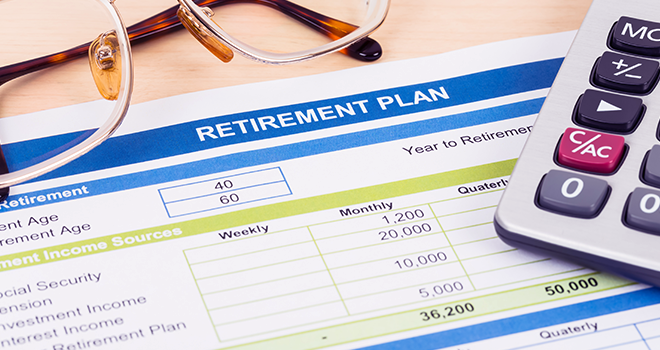The key findings of Just SA’s latest tracking study Retirement Insights 2020 reveal the knock in confidence suffered by South African retirees and pre-retirees as a result of COVID-19, which has altered their views on the best way to invest their retirement savings. This year the “lite” tracking study specifically assessed the impact of COVID-19 on retirement planning.
What can we learn from the findings?
| ● | 83% of respondents said they had re-evaluated what is important in retirement and almost three quarters said they had looked more closely at retirement risks over this period. |
| ● | Two thirds of those who are already retired have been financially affected by the repercussions of COVID-19, while around half have had to source an alternative means of income and make special arrangements to meet payments. |
| ● | 32% indicated that they have already dipped into retirement savings. Of these, 60% saw it as borrowing while a quarter believed that it is a permanent disinvestment or withdrawal. |
| ● | The age group whose confidence was hardest hit by the pandemic is the newly retired (ages 65-70), where 78% expressed a lack of confidence that their income would cover monthly expenses throughout their retirement. |
| ● | Children and grandchildren remained first point of call for financial assistance, with just under half saying they would turn to them should they run out of money. |
| ● | Unsurprisingly, the number of respondents saying they would rely on the government for help dropped by 19% year on year. |
| ● | For a second year in a row, the ability to guarantee income in retirement remained the top priority for respondents, of which 88% wanted to know exactly how much money they would get each month. |
| ● | In the face of changing market conditions, the respondents also revealed that the flexibility to change how much income to draw each year was more important than before. |
Statements deemed important when it comes to retirement income
It is insightful to view how the preferences of the statements (ranked from most to least important) have changed over the last three years:
| Statements | 2020 | 2019 | 2018 |
| My retirement income must continue for as long as I live | 1 | 1 | 1 |
| I must have flexibility in deciding how much income to draw each year | 2 | 5 | 4 |
| My retirement income must keep up with inflation every year | 3 | 4 | 3 |
| My retirement income must not be affected by what happens in investment markets | 4 | 3 | 4 |
| My retirement income must cover frail care and medical bills | 5 | 2 | 6 |
| My retirement income must continue to meet my family’s needs after I pass away | 6 | 6 | 2 |
| I am happy for my retirement income to be higher when investment markets are strong and lower when they are weak | 7 | 7 | 7 |
“The increased desire for income security has been heightened by the uncertainty surrounding COVID-19 and its impact on the global economy,” suggests Bjorn Ladewig, Longevity Actuary at Just. “Market noise and broader research indicates that more and more people are impacted by and concerned about poor investment returns. South Africans who are currently retiring are likely to find their assets worth about 15-25% less than they would have been in normal investment conditions.”
For South Africans facing retirement in the time of COVID-19, Ladewig says that the pandemic has heightened risk awareness and increased the need for certainty as well as flexibility.
If one good thing has come from the pandemic, then it is that more clients are at last realising the reality of market fluctuations, and the impact of maintaining their lifestyle by dipping into their capital.
Click here to download the research findings that also includes a section on “Practical steps for retirement”.



